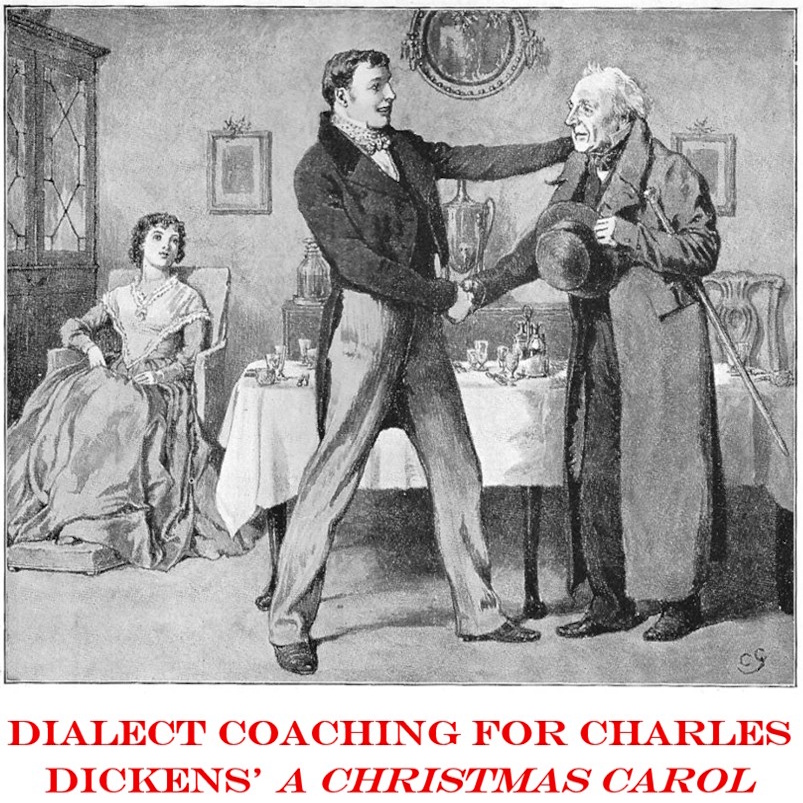Serbia 1
Listen to Serbia 1, a 40-year-old woman from Belgrade, Serbia, who has also lived in the United States. Click or tap the triangle-shaped play button to hear the subject.
Both as a courtesy and to comply with copyright law, please remember to credit IDEA for direct or indirect use of samples. IDEA is a free resource; please consider supporting us.
BIOGRAPHICAL INFORMATION
AGE: 40
DATE OF BIRTH (DD/MM/YYYY): 16/05/1971
PLACE OF BIRTH: Belgrade, Serbia
GENDER: female
ETHNICITY: Serbian
OCCUPATION: pianist
EDUCATION: master’s degree in music
AREA(S) OF RESIDENCE OUTSIDE REPRESENTATIVE REGION FOR LONGER THAN SIX MONTHS:
The subject moved first to the United States (South Bend, Indiana) to do master’s work at the University of Indiana. She was residing in Chicago when interviewed.
OTHER INFLUENCES ON SPEECH: N/A
The text used in our recordings of scripted speech can be found by clicking here.
RECORDED BY: Tanera Marshall
DATE OF RECORDING (DD/MM/YYYY): 06/2011
PHONETIC TRANSCRIPTION OF SCRIPTED SPEECH: N/A
TRANSCRIBED BY: N/A
DATE OF TRANSCRIPTION (DD/MM/YYYY): N/A
ORTHOGRAPHIC TRANSCRIPTION OF UNSCRIPTED SPEECH:
So I was … you know what happened to me was, I had the double shock: the double culture shock, because the Georgian community [in South Bend, Indiana], Georgian-Russian community, even though maybe in a way it was a much easier community for me to fit in originally — because there are some you know similarities — there are more similarities between Serbians and Russians and Georgians than … but my family was actually quite, you know, more Americanized, Westernized. So some of their values and … their community is very tight, the women are doing everything, there’s like a … yeah … hierarchy right away. They’re very jealous of each other. It’s just like a very intense … I don’t know. Even though it’s an artistic community with a very … like everybody with so many hang-ups from the past. And I was sucked in to that, completely. I mean I lived with them and we practiced together and all that. But then you are in another country that you don’t understand, and ‘specially in Indiana. I mean I basically didn’t make any friends for five years. Yeah, I didn’t make any. And I think all of us felt very, felt very alienated from the country, so I was so happy when I came to Chicago.
TRANSCRIBED BY: Tanera Marshall
DATE OF TRANSCRIPTION (DD/MM/YYYY): 06/2011
PHONETIC TRANSCRIPTION OF UNSCRIPTED SPEECH: N/A
TRANSCRIBED BY: N/A
DATE OF TRANSCRIPTION (DD/MM/YYYY): N/A
SCHOLARLY COMMENTARY:
Some characteristics include: velar fricative /h/ in “happened” and “hierarchy”; plosive /ð/ in “the”; final /θ/ sometimes dropped, as in “with”; strong aspiration of T’s, as in “intense” and “tight”; high front tongue of /ĭæ/, as in “family,” “values,” “past,” and “understand”; audible release of final G and K in “everything” and “think”; tight tongue bunching on L, as in “like,” “completely,” and “felt”; /oʊ̆/ diphthong shortened to /o/, as in “so” and “though”; and sometimes /i/ becoming /I/ in y-endings, as in “community,” “similarities,” and “country.”
COMMENTARY BY: Tanera Marshall
DATE OF COMMENTARY (DD/MM/YYYY): 06/2011
The archive provides:
- Recordings of accent/dialect speakers from the region you select.
- Text of the speakers’ biographical details.
- Scholarly commentary and analysis in some cases.
- In most cases, an orthographic transcription of the speakers’ unscripted speech. In a small number of cases, you will also find a narrow phonetic transcription of the sample (see Phonetic Transcriptions for a complete list). The recordings average four minutes in length and feature both the reading of one of two standard passages, and some unscripted speech. The two passages are Comma Gets a Cure (currently our standard passage) and The Rainbow Passage (used in our earliest recordings).
For instructional materials or coaching in the accents and dialects represented here, please go to Other Dialect Services.
 IDEA: International Dialects of English Archive
IDEA: International Dialects of English Archive



